 Nursing is one of the most stressful occupations in America. Nurses have higher rates of illness and psychiatric problems than other professionals. There are things Nurses and other health professionals can do to minimize the stresses of Nursing. The best way to do this is to look at individual stressors and find ways to minimize or cope with them.
Nursing is one of the most stressful occupations in America. Nurses have higher rates of illness and psychiatric problems than other professionals. There are things Nurses and other health professionals can do to minimize the stresses of Nursing. The best way to do this is to look at individual stressors and find ways to minimize or cope with them.
Long Hours and Shift Work
Long hours are stressful both physically and mentally. According to USA Today, the long hours Nurses work have become such a problem that the American Nurses Association has made recommendations about how many hours Nurses should work. The recommendations include not allowing Nurses to work more than 12 hours a day. Shift work also causes a lot of stress for Nurses, and the AMA has also made the recommendation to minimize night shifts for Nurses working both day and night shifts.
Insufficient Resources
Having insufficient resources makes a nurses' job more stressful, and it makes it harder for them to do their job properly. Insufficient resources take on different forms in different settings. Many times it is a shortage of Nursing personnel, which of course means the Nurses that are working have a higher workload. Other times, it is a lack of the material resources that Nurses need to do their job, whether it is due to budget cuts or oversight. Even small items like tape cause a big inconvenience when a Nurse has to search for it before she can draw blood or place an IV.
Resources can be improved by improving pay for Nurses and making sure there is enough room in the hospital budget for other necessities. Proper inventory keeping is also important. If a Nurse notices a shortage in a particular area, it is important to mention it. Hopefully items are ordered immediately and put in the appropriate paces.
Poor Reward System
Nurses are essential to the proper functioning of hospitals, and they work very hard. Yet many facilities don't have any kind of reward system in place, nor do they take the time to tell Nurses they are valued and appreciated. Many times Nurses are taken for granted.
Studies have proven that rewarding employees for good behavior is essential to them being satisfied with their jobs and to retaining employees. Hospitals should have a rewards system in place. Nurses should also recognize each other for their hard work.
Bullying and Abuse
No one should have to endure bullying and abuse in the workplace. The ANA found that 17% of Nurses report being the victim of physical abuse at work, and 57% of Nurses reported being verbally abused or threatened. Physical abuse was usually perpetrated by patients or family members. Verbal abuse and bullying was usually at the hands of coworkers.
Hospitals should hold educational seminars about what constitutes verbal abuse and bullying. Human Resources employees should be available to mediate and help employees solve conflicts. To protect against violence from patients and their family members, it is a good idea to have some type of security presence in the hospital.
Lack of Communication
Lack of communication also causes stress for Nurses. Communication between Nurses and doctors is essential to a hospital running smoothly. Daily or weekly meetings are one way to ensure proper communication. A suggestion box can give employees an anonymous way to communicate suggestions.
Compassion Fatigue and Burnout
Compassion fatigue happens when a Nurse stops caring about their job and patients. Sustained stress over a long period of time can lead to compassion fatigue. Burnout occurs when a Nurse becomes depressed, withdraws from others, and feels fatigued.
To prevent compassion fatigue and burnout, try to take time off to relax. Don’t over extend yourself. Hospitals that have a reward system in place and make Nurses feel appreciated helps combat burnout. Everyone wants to feel appreciated in both our personal and professional lives.
Related articles: Dealing With Depressed Patients
6 Tips on Stress and Anxiety Management in Nursing
Nurses’ Survey Results Show ‘Dangerous’ Stress Levels
If you enjoy these articles you should sign up for our bi-weekly enewsletter!






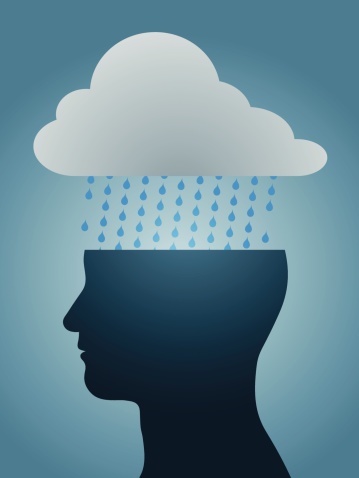 Changes in sleep patterns or appetite are another sign of depression. Nurses have to watch this sign as well, because certain medications can interfere with sleep and appetites of patients. Frequent physical complaints or ailments, anger or rage toward others and feelings of anxiety are other signs of depression. Many of these symptoms Nurses experience in their patients frequently. The key is determining when they start happening and ruling out any other possible causes. When there are no other possible causes, depression could be the reason.
Changes in sleep patterns or appetite are another sign of depression. Nurses have to watch this sign as well, because certain medications can interfere with sleep and appetites of patients. Frequent physical complaints or ailments, anger or rage toward others and feelings of anxiety are other signs of depression. Many of these symptoms Nurses experience in their patients frequently. The key is determining when they start happening and ruling out any other possible causes. When there are no other possible causes, depression could be the reason.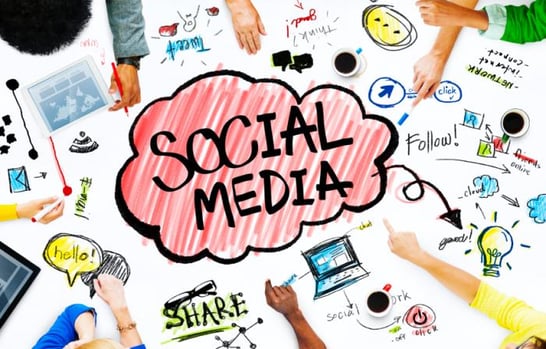
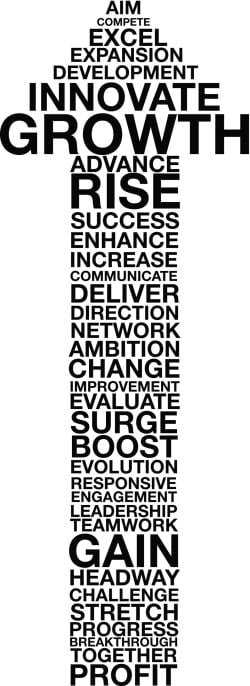 The new year is here and the opportunities for a fresh start it brings shouldn't be cast aside. Nurturing the opportunity as if it were a patient can yield surprising benefits both in and out of the job title. There is always room for improvement in a position that demands the hardest work for the sweetest reward, the gratitude of well-cared for patients.
The new year is here and the opportunities for a fresh start it brings shouldn't be cast aside. Nurturing the opportunity as if it were a patient can yield surprising benefits both in and out of the job title. There is always room for improvement in a position that demands the hardest work for the sweetest reward, the gratitude of well-cared for patients.
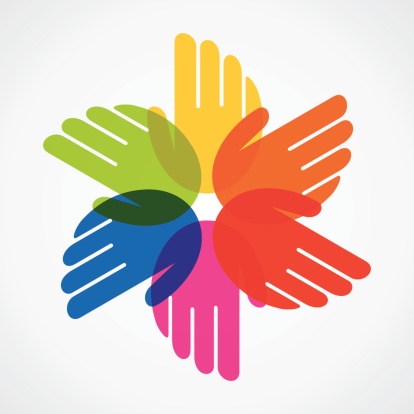 Cultural Diversity
Cultural Diversity
 Many times, Nurses will choose to pursue a career in healthcare so that they will have the chance to spend their days helping others. There is an added bonus though. Many of the Nursing Specialties have a career trajectory of solid growth with a Nursing salary that is well above the income level of the median population.
Many times, Nurses will choose to pursue a career in healthcare so that they will have the chance to spend their days helping others. There is an added bonus though. Many of the Nursing Specialties have a career trajectory of solid growth with a Nursing salary that is well above the income level of the median population. More accurate due dates are something both mother and medical professionals want. But is it something possible to achieve? Ultrasound scans are helpful but they can only give an estimate date.
More accurate due dates are something both mother and medical professionals want. But is it something possible to achieve? Ultrasound scans are helpful but they can only give an estimate date. 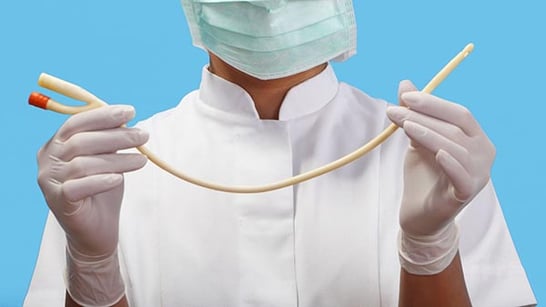 Nurses have heard it before, "Can you not talk about gross stuff at the dinner table?" But Nurses can't help it when the most disgusting things are completely normal in their everyday lives. They become desensitized to topics like body fluids, infections, and smells and sounds.
Nurses have heard it before, "Can you not talk about gross stuff at the dinner table?" But Nurses can't help it when the most disgusting things are completely normal in their everyday lives. They become desensitized to topics like body fluids, infections, and smells and sounds.